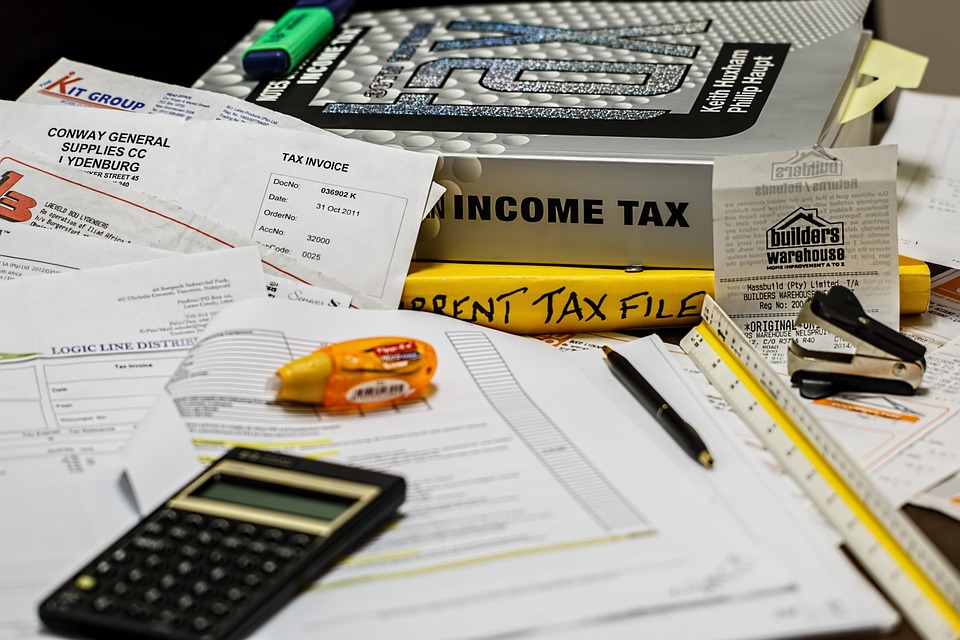
New Tax Year Resolutions for Individuals and SMEs
Times are changing and challenging at the same time. The coronavirus pandemic has caused individuals and business owners to face numerous challenges, especially those who lost income. This directly affects the tax year as it brings significant concerns. This article discusses how individuals and Small and Medium Enterprises (SMEs) can stay afloat during these unprecedented times.
Changes in The 2021/22 Tax Year
The new tax year started on 6 April 2021, bringing major changes. Below are a few fundamental changes you need to understand.
1. VAT Rates
While VAT rates will remain the same, Covid-19 relief measures will be exempted. The VAT threshold for businesses will remain at £85,000 until 1 April 2024, as previously planned by the government.
2. IR35 Changes
Medium and large businesses will face a significant change in how they handle tax issues for their contractors. From 6 April 2021, these businesses must determine if IR35 applies to their contractors. If it does, they will need to pay a Deemed Employment Payment.
3. Coronavirus Tax Measures
In July 2020, the VAT rate for the hospitality industry was reduced to 5%. This rate is expected to continue until 30 September 2021, after which it will rise to 12.5% until 31 March 2022. The initial 20% rate will resume in April 2022.
Further changes for the hospitality sector include:
- Catering services: 4.5% extended to 30 September 2021, with a subsequent 8.5% until March 2022.
- Pubs: 1% rate until 30 September 2021, increasing to 4% until March 2022.
- Hotels and Accommodation: 0% until September 2021, then 5.5% until 31 March 2022.
4. Wage and Salary Deductions
Personal tax, National Insurance, and minimum wage allowances have seen a rise in 2021. The National Living Wage is now applicable to individuals aged 23 and 24 in the 2021/22 tax year.
5. Tax Changes Post-Brexit
Brexit has not impacted business tax.
6. Capital Allowance and Corporation Tax
Corporation tax for the 2021/22 tax year remains unchanged, with an expected increase to 25% in April 2023 for upper profit thresholds of £250,000.
7. Additional Tax Changes
There will be a "five-year freeze" on further tax changes. Tax band adjustments introduced in 2021/22 will remain until 2025/26. The personal allowance for taxable income will rise to £12,570 in the new tax year, equivalent to £1,048 per month.
New Tax Year Resolutions
The challenging year of 2020 is behind us, and you need to prepare for 2021. New VAT rules, budgets, and Brexit, along with compliance challenges, are on the horizon. Here’s how you can navigate them:
Claim Deductions if You Work From Home
Both employers and employees can benefit from this plan. If you work from home, you can claim a tax deduction of £26 per month (£6 per week) to cover the cost of using your home as a workplace. Employers can also pay workers allowance tax and National Insurance Contribution-free.
Self-Assessment Tax
The first 2020/21 self-assessment payment was due on 31 January 2021. If your 2020/21 liability is reduced, you can claim to lower the payments on account, reducing the July payment and potentially receiving a repayment for excess payments made in January.
Check on Your PAYE
PAYE codes can be adjusted for deductions, unpaid tax, and other income based on previous years’ figures. Ensure your code is correct and includes all claimable deductions.
Residential Property Acquisitions During SDLT Holidays
If you acquire a residential property during the SDLT holidays, you’ll get a temporary reduction. This applies to England, Northern Ireland, and Wales and must be completed before 30 September 2021.
Review Your Company Shares for Value Claims
When the value of shares becomes negligible, you could incur CGT losses. Eligible companies can claim income tax relief for losses if trading on an Enterprise Investment Scheme (EIS). Shareholders may claim relief for previous years if the company proves the share value became negligible within the past two years.
For more information on tax changes and to stay informed, check out this resource.
If you have any opinions or concerns about tax return submissions, feel free to contact us.